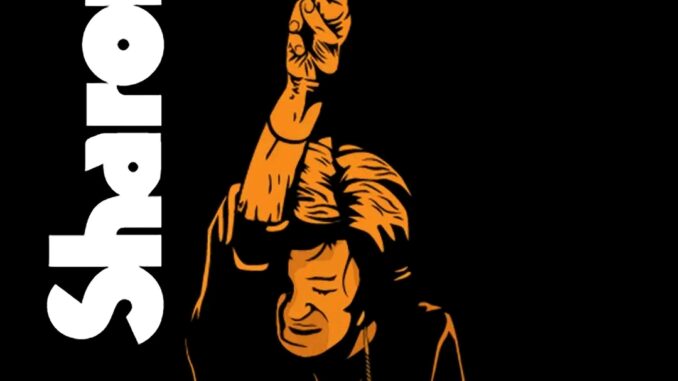
The pain of Ozzy Osbourne passing is unreal. It’s the kind of grief that doesn’t just hit you—it lingers in the air, heavy and inescapable. For decades, Ozzy wasn’t just a rock icon—he was a symbol of resilience, madness, brilliance, and raw emotion. Now that he’s gone, the world feels strangely off-kilter, like we’ve lost something fundamental to the soul of music. There’s a silence underneath the noise now, an unshakable hollowness that creeps in when you least expect it.
Ozzy was never just “the Prince of Darkness.” He was someone who carried a kind of chaotic truth with him. His music—whether with Black Sabbath or solo—channeled something deeply human. Pain, rebellion, wonder, confusion, rage, love. It was all there, buried beneath crushing riffs and his unmistakable voice. And now, every time his voice echoes through speakers, it cuts deeper than before. Listening to “Mama, I’m Coming Home” or “Changes” doesn’t feel nostalgic anymore—it feels like being stabbed in the chest. Like a fresh wound tearing open again and again.
There’s an odd emptiness in the world now, a shift you can’t quite define. Maybe it’s because Ozzy wasn’t supposed to die—not really. He was the guy who survived everything. Drugs, fame, tragedy, disease. He was the man who stared down death more times than most and laughed in its face. If Ozzy could keep going, then maybe the rest of us could too. Now that he’s gone, that illusion of invincibility has shattered. It’s not just him we’ve lost—it’s the defiance he embodied.
Black Sabbath changed music forever. They gave birth to heavy metal and gave voice to the dark, the broken, the misunderstood. Ozzy’s voice was the cry of that movement, a howl from the abyss that said, “I see you.” That connection was more than just musical—it was spiritual. And now that he’s not here to sing anymore, the silence is deafening.
There’s a strange ache in realizing we’ll never see another new Ozzy performance, never hear another off-the-wall interview, never watch him shuffle onto stage and prove, one more time, that he could still deliver. It’s hard to describe the grief because it’s not just about a man—it’s about an era ending. A torch going out.
And yet, somehow, he still feels present. In every guitar squeal, in every haunted lyric, in every fan who grew up screaming “Crazy Train” at the top of their lungs. Ozzy might be gone, but his spirit is too wild, too raw, too Ozzy to disappear. We carry him in our headphones, in our playlists, in our hearts. But it still hurts. Deeply.
The world feels different now. Like it’s lost some of its teeth. A little less mad. A little less honest. And all we can do is play the music louder, cry if we need to, and remember that the pain we feel is proof that he mattered. That he always will.
Leave a Reply